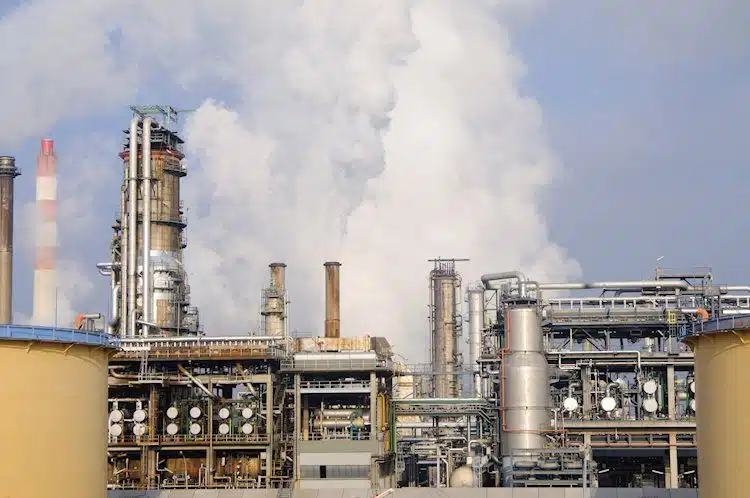Open interest in natural gas futures markets has been experiencing a constant decline as traders scaled back their open interest positions for the fourth straight session on Wednesday. This continuous contraction in open interest is considered significant as it clearly indicates a change in market dynamics and reflects the cautious approach adopted by traders in dealing with the volatile natural gas market. Notably, open interest can be seen as a measure of the flow of money into the futures market and represents the aggregate number of trading contracts that have not yet been exercised, closed, or expired.
There are several factors that could be fuelling the decrease in open interest, including seasonal variations in natural gas demand, shifting weather patterns, and global economic conditions. Furthermore, a slew of recent geopolitical events has caused considerable uncertainty in the energy markets, forcing many participants to opt for a risk-off approach. This is evident in the natural gas futures market, where traders have trimmed their open interest positions amid fluctuating prices and changing market conditions.
Seasonal demand for natural gas typically peaks during the winter months as the commodity is primarily used for heating purposes. However, as the cold season gives way to the summer period and temperatures rise, the requirement for heating fuel lessens significantly, leading to a reduction in demand for natural gas. This decline in demand leads to a decrease in open interest in natural gas futures markets as participants scale back their positions, preparing for the lower trading activity expected during the warmer months.
Warm weather can also impact open interest in natural gas futures markets due to its effect on production and storage dynamics. Mild temperatures lead to decreased demand for heating fuel which, in turn, results in an increase in stored natural gas volumes. Oversupply concerns can arise when the stockpiles of natural gas exceed market expectations, causing traders to reduce their open interest positions in the futures market.
Global economic conditions play a crucial role in determining the demand for energy, including natural gas. Economic slowdowns or recessions can cause diminished industrial and commercial energy consumption, leading to lower natural gas usage. Traders are likely to reassess their positions in natural gas futures in response to changes in economic conditions and scale back their open interest accordingly.
Furthermore, geopolitical tensions and events such as the ongoing tensions between the United States and China, as well as the ongoing conflict in the Middle East, have led to a heightened sense of uncertainty among energy market participants. Uncertainty regarding the direction of market movements encourages investors to adopt a cautious approach, which often involves scaling back open interest positions to minimize exposure to risks.
Additionally, other factors, such as technological advancements and regulatory changes, can contribute to fluctuations in open interest in the natural gas futures markets. Innovations in drilling and extraction techniques can impact supply levels, while policy-driven shifts in energy preferences can lead to changes in demand dynamics. As a result, market participants continually reassess and adapt their positions in the natural gas futures market to account for these evolving factors.
It is evident that the current contraction in open interest in natural gas futures markets is driven by several interconnected factors, such as seasonal demand dynamics, shifting weather patterns, global economic conditions, and geopolitical uncertainties. In response to these volatile market conditions, traders have opted for a more cautious approach, scaling back open interest positions across four consecutive sessions as of Wednesday. This trend implies that investors are keen on minimizing risk and exposure to fluctuations in the natural gas market while awaiting more concrete signals about the future direction of the market.
In conclusion, the steady decline in open interest in the natural gas futures market is a reflection of the complex interplay of factors affecting the overall energy landscape. From seasonality and weather patterns to economic conditions and geopolitical tensions, traders remain cautious and prefer to scale back open interest positions in response to the uncertainties pervading the natural gas market. With continued fluctuations expected in both supply and demand, market participants will likely proceed with caution and vigilance, adapting their positions as they navigate the dynamic natural gas landscape.


